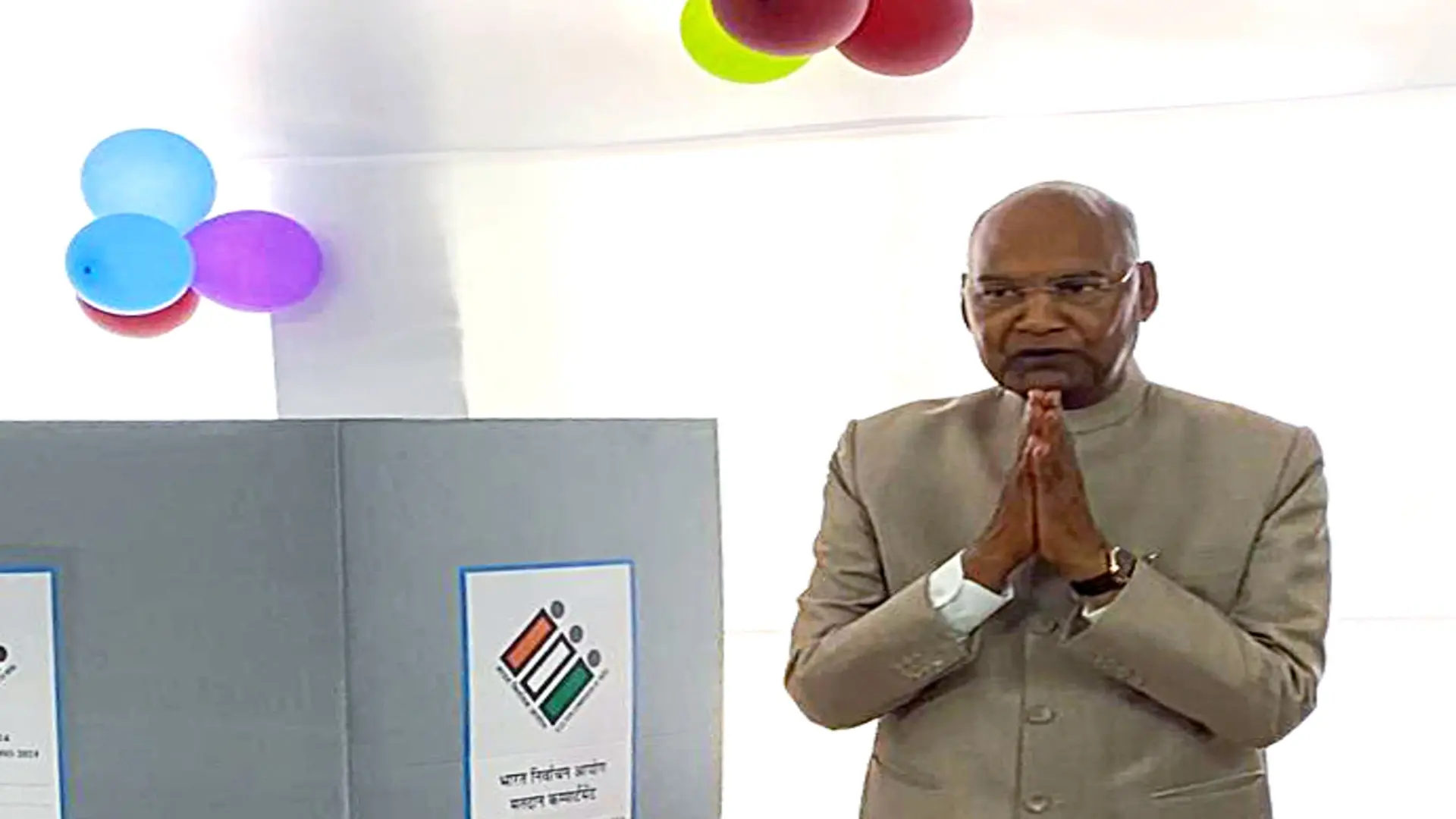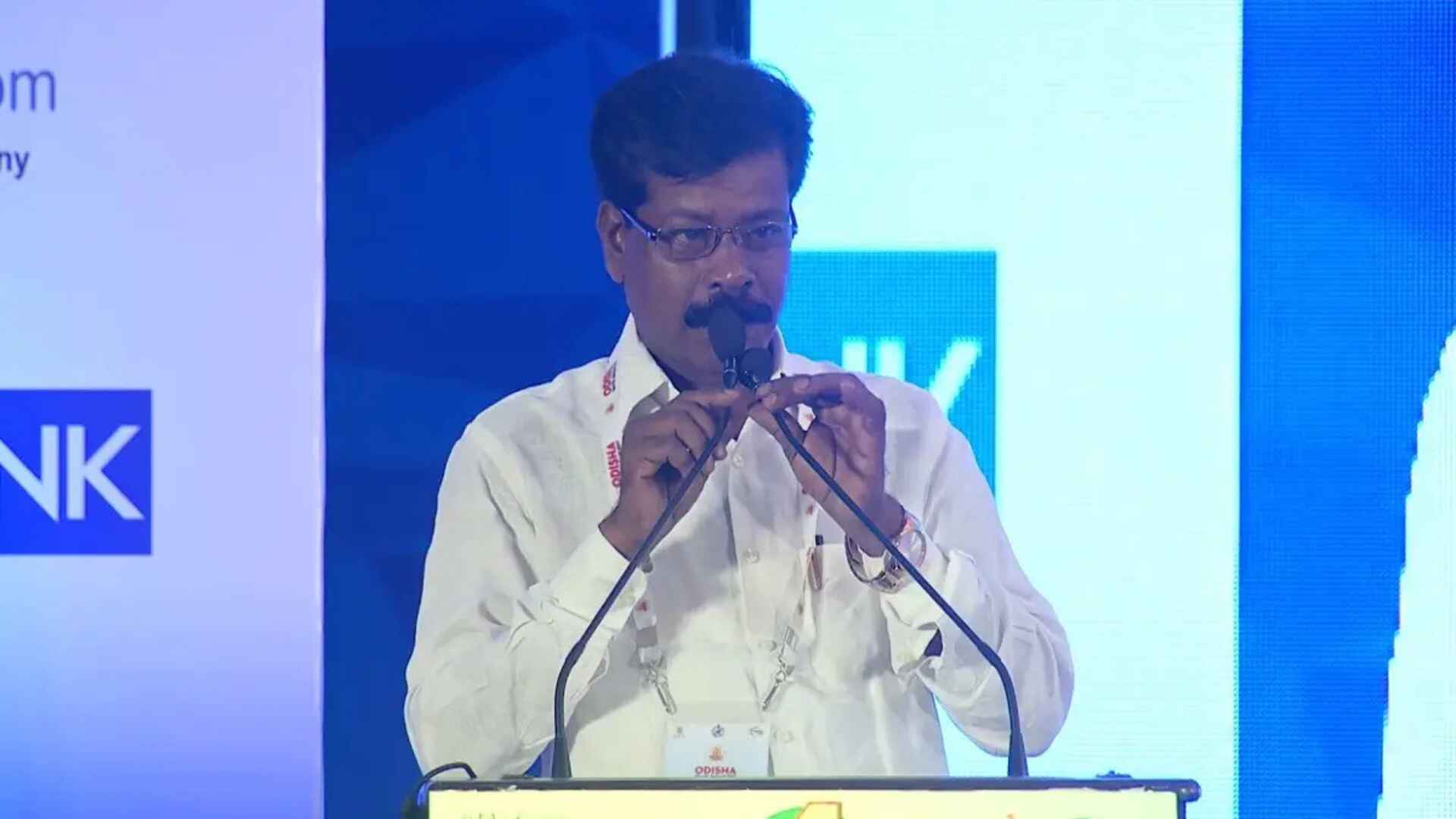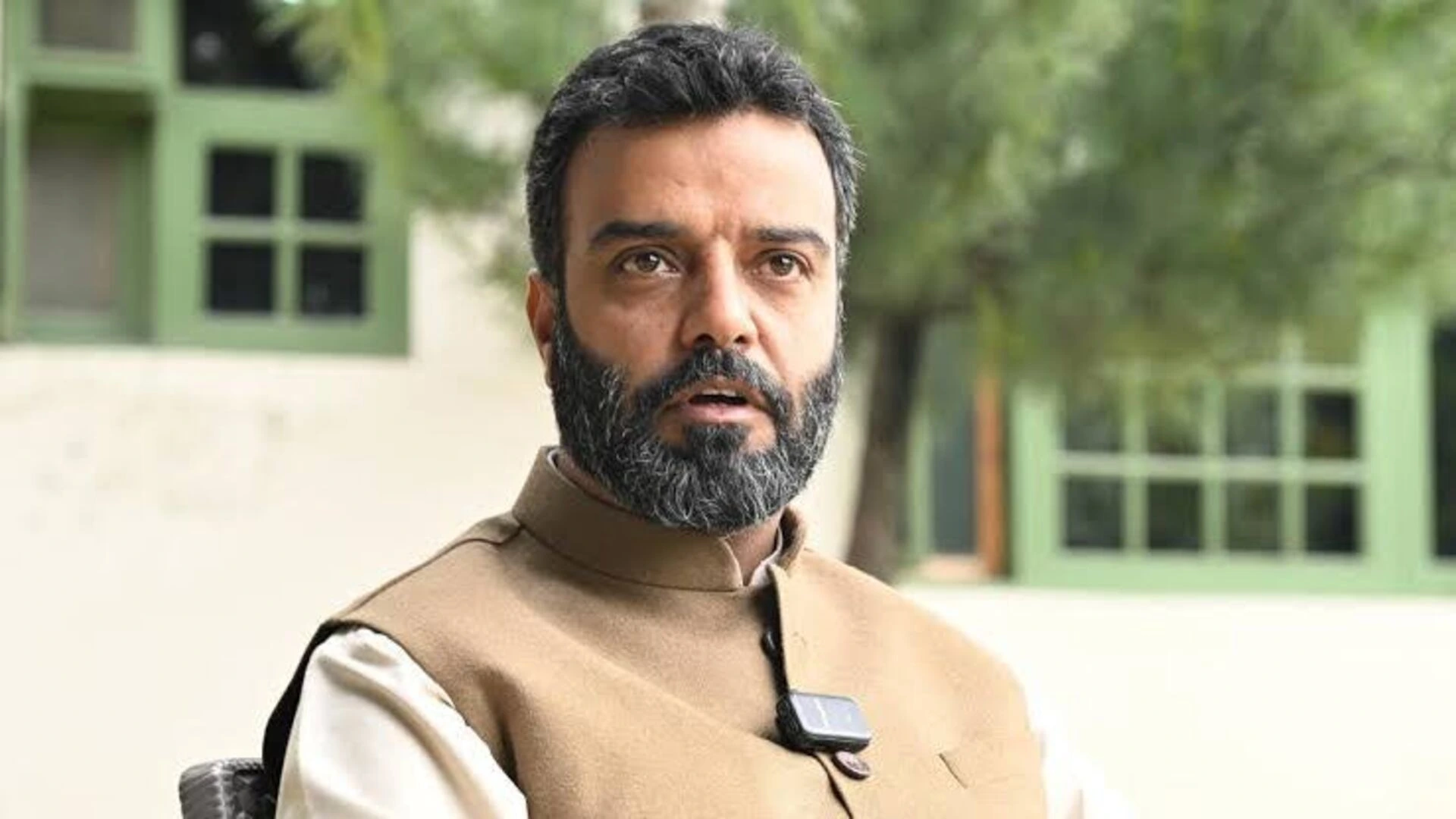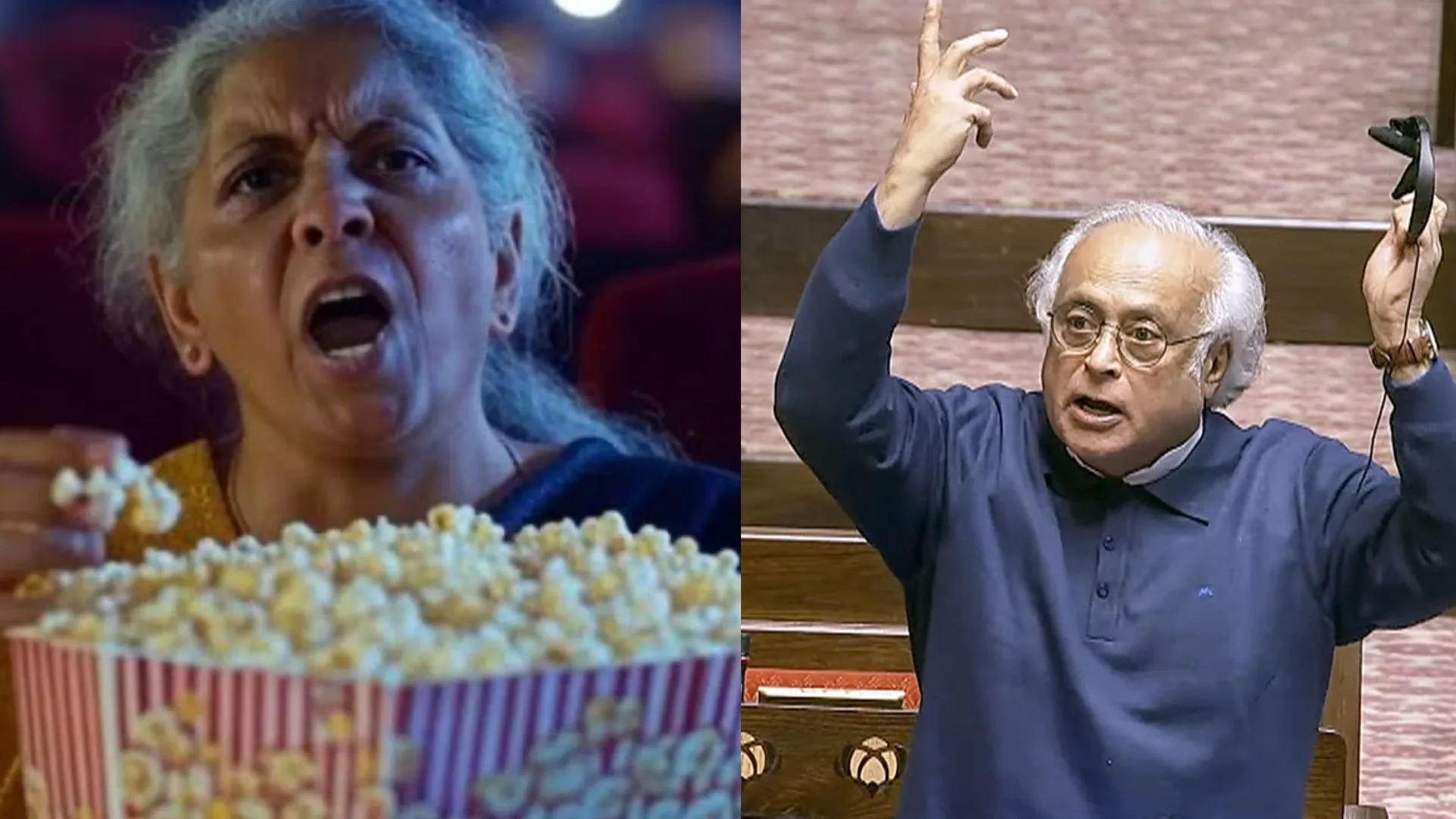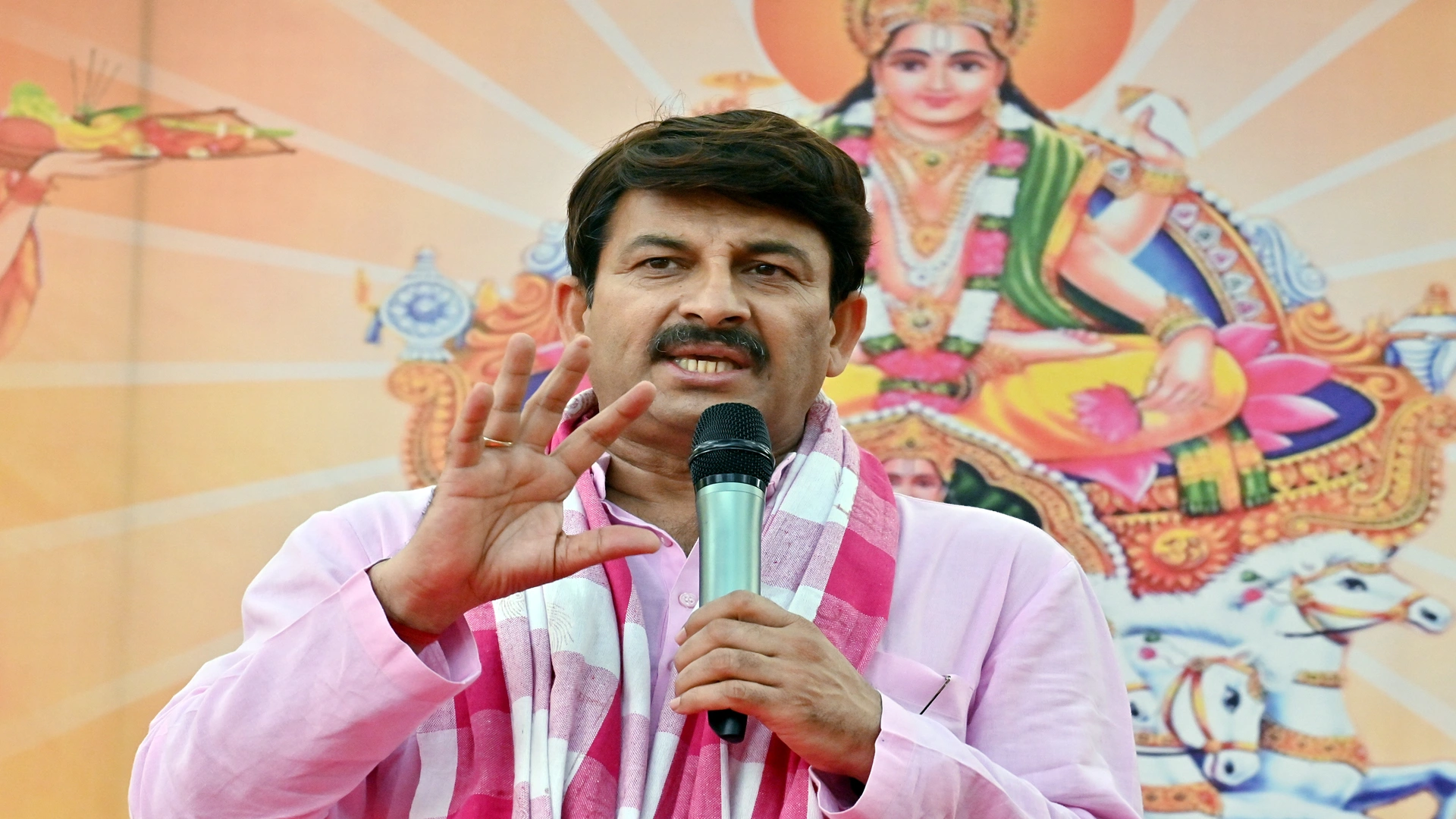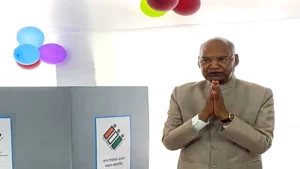Former President Ram Nath Kovind, during the 30th Lal Bahadur Shastri Memorial Lecture, brought a historical perspective to the current debate on India’s “One Nation, One Election” policy. What makes this speech stand out is the irony Kovind highlights about the criticism of simultaneous elections. He pointed out that during the early years of the Indian Republic, elections were held in sync—both for the Lok Sabha and state assemblies, a practice only disrupted in 1968 when state assemblies were dissolved under the central government’s authority.
This isn’t just a throwback to a bygone era. Kovind’s reflection serves as a wake-up call to skeptics who argue that simultaneous elections might be undemocratic. In fact, he argues, it was the dissolution of this synchronised system that fractured the original electoral rhythm of the country. Kovind noted, somewhat sarcastically, that many of the political entities now opposing the idea of simultaneous elections had actually supported it in the past, adding a twist of political contradiction to the conversation.
His statement gains further momentum as he mentions that a majority of the political parties—32 out of 47 consulted—were in favor of this policy, revealing that a significant chunk of India’s political landscape supports this restructuring. Despite this support, the divergence in opinion shows how deeply entrenched the debate on electoral reforms is in India’s democracy.
Also read: Karnataka Deputy CM DK Shivakumar Unveils Rs 300 Cr Development for Channapatna
This lecture wasn’t just a defence of the policy but a call to revisit the aspirations of India’s constitutional forefathers, who envisioned a synchronised electoral system to foster greater efficiency and stability. Kovind’s speech serves as a reminder that revisiting historical practices could potentially lead to better governance in today’s challenging political environment.

